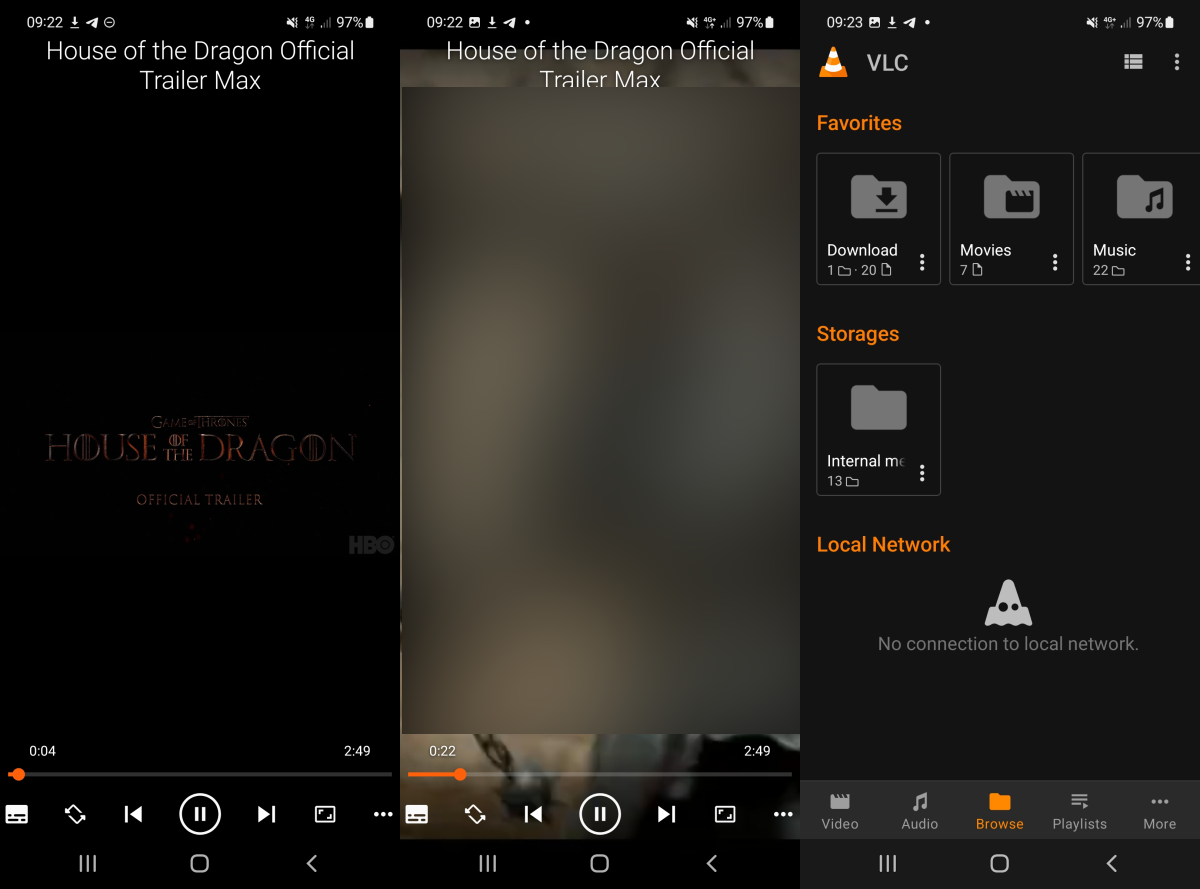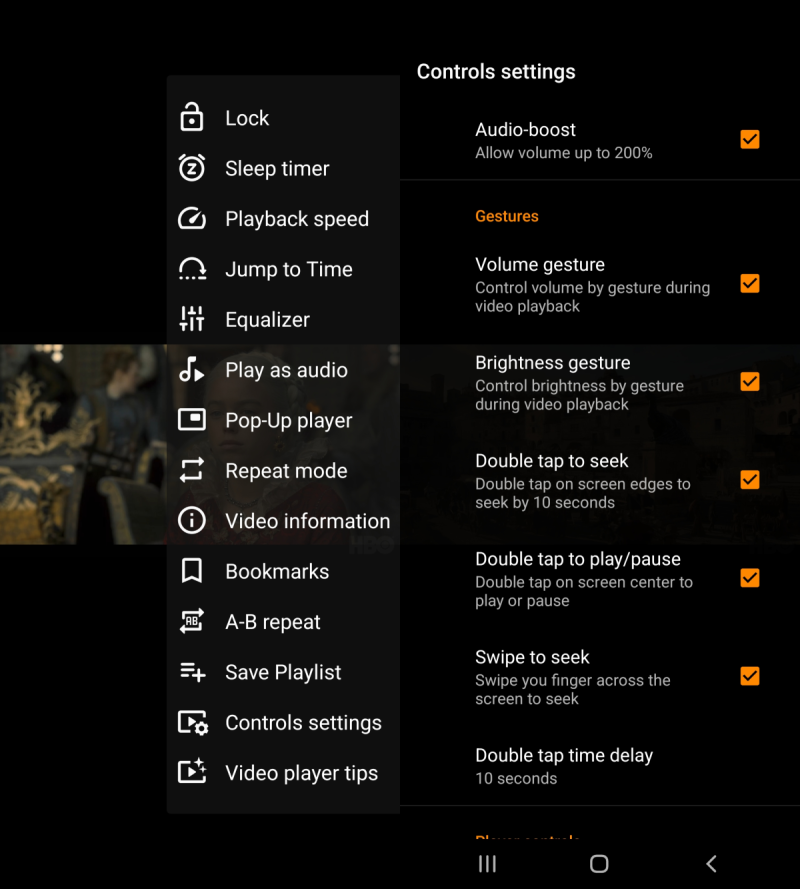VideoLAN, maker of the popular open source media player VLC, has released VLC 3.5 for Android. The release is already in distribution, but it may take a while before VLC installations on Android devices are updated.

VLC users who do not want to wait for that to happen may download the latest version directly from the VideoLAN website.
VLC 3.5 for Android
VLC 3.5 for Android is a new major release. It is the first stable release of the media player in 2022; the last release, VLC for Android 3.4.0, dates back to September of 2021.
VLC for Android 3.5 includes several major improvements and changes. Widgets, for one, have undergone significant changes and improvements.
Widgets support Material You now and include customization options, such as setting the opacity or forward and backward time delays. Another new feature is the ability to create shortcuts to media files directly on the home screen.
Just select the settings icon of the media file and then "create a launcher shortcut" from the menu that opens to do so.
VLC supports all major media formats, which means that it can be used to play audio files. When you play audio files for the first time in VLC 3.5 for Android, you may notice audio screen improvements. The album screen, for instance, displays more information than in previous versions of the player.
One interesting new feature is the ability to customize player controls. A tap on the settings icon while media plays and the selection of control settings displays the customization options.

Here you get access to the following configuration options:
- Audio-boost (enabled by default).
- Volume and Brightness gesture. These are available while the video plays to change the volume or brightness with a single swipe.
- Double-tap to seek or play/pause.
- Swipe to seek.
- Double tap time delay.
- Show rewind and fast forward seek buttons.
- Define seek button delays and long tap functionality.
- Video player controls hiding delay.
Other new features in VLC for Android 3.5 include improved tablet and foldable devices support, automatic detection of a device's form factor to adjust the interface accordingly, and Samba shares network indexation support.
The developers of VLC for Android improved the performance and resource usage of the player in the new version, especially on low-end and older devices.
There is also a new permissions dialog that explains the three different options and functionality of the player depending on the choice made.
- No Permission -- auto-discovery of media is not available.
- Standard permissions -- auto-discovery of regular media files supported.
- Manage all files permission -- auto-discover all file types, including compressed files and less popular ones.
Closing words
VLC for Android 3.5 is a huge step in the right direction for the media player. It adds customization options and a lot of polish to VLC, and improves playback on older and low-end devices.
Now You: which media player do you use on your mobile devices?



3175x175(CURRENT).thumb.jpg.b05acc060982b36f5891ba728e6d953c.jpg)
Recommended Comments
There are no comments to display.
Join the conversation
You can post now and register later. If you have an account, sign in now to post with your account.
Note: Your post will require moderator approval before it will be visible.